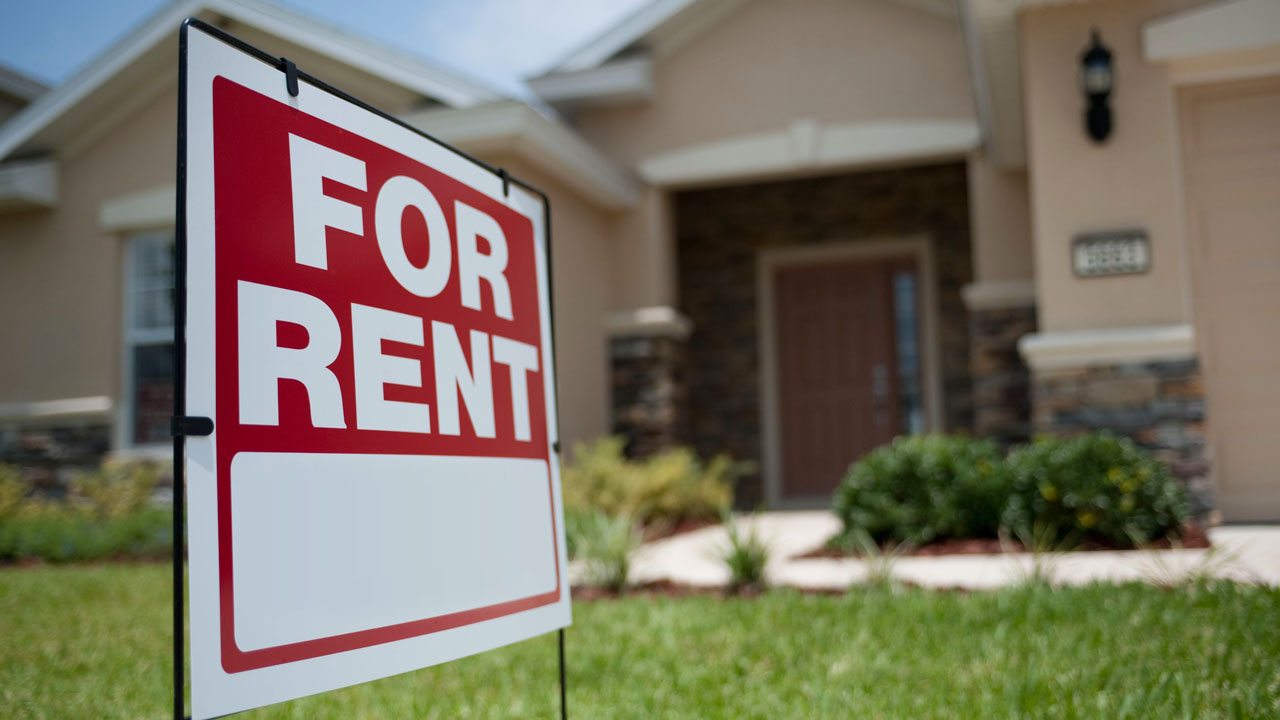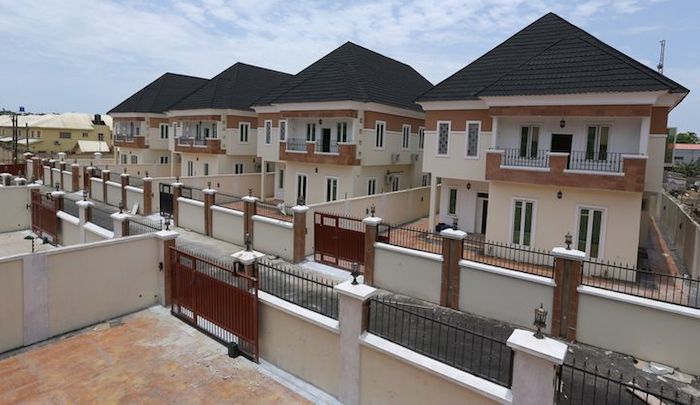
Massive rent hike looms in cities amid economic uncertainty
With inflation trend rising, experts are foreseeing an increase in rent and property values within major cities. They also predict increase in property values due to high cost of construction materials as developers will spend more when building new properties. Besides, existing properties will also rise in value as a result of the reduced supply of new constructions.
According to the Consumer Price Index report, recently released by the National Bureau of Statistics (NBS), Nigeria’s inflation rate for the month of March 2020, rose to 18.17 per cent from 17.33 per cent recorded in February 2021. This represents 0.82 per cent points higher than the February figures.
In this situation, property watchers said, there will also be an increase in cost of borrowing as an economy that is experiencing rising prices is not conducive for favourable loan terms and higher cost of borrowing affects both buyers as well as real estate developers.
The immediate past chairman, Faculty of Estate Agency and Marketing, Nigerian Institution of Estate Surveyors and Valuers (NIESV), Mr. Sam Eboigbe, said: ‘It is certain that the effects of inflation have dealt heavy blow on the economy. The cost of goods and services have skyrocketed without a corresponding increase in the purchasing power of the people.
“Investors in the real estate sector are saddled with the burden of paying more for projects arising from astronomical increase in cost of building materials and cost of land acquisition,” he said.
According to Eboigbe, the market space will experience increase in rental levels to accommodate inflation expectations. Increase in rental expectations translate into higher home prices since the price of a property is actually equal to the present value of future streams of income by way of rents.
“Realistically, adjustments are expected on the rent payable by tenants to leverage on the colossal effects of inflation in the real estate sector,” he said.
However, he stated that the sector is largely governed by the forces of demand and supply. “Though, it is expected that the effects of inflation on the economy will result in upward adjustments in rental proceeds, it is also in accordance with the fundamental economic principle of demand and supply as no one can realistically exhibit monopoly in the market space,” Eboigbe stated.
He explained that low-income earners would bear the brunt of upward review of rent as there would be defaults in meeting contractual obligations. “This scenario is playing out presently in the market place as there are violations of terms and conditions in the tenancy agreement, essentially in the scheduled payments of rent by the tenants.”
The Chairman, NIESV, Lagos branch, Mr. Dotun Bamigbola, revealed that “rent is gradually climbing in most mid-income neighbourhoods in Lagos now. The root cause, of course, is inflation, increasing cost of maintenance and building materials.”
He said: “With inflation, increase in rent is expected to happen, especially in family inherited properties and retiree owned properties. This will in turn affect the entire market.
“A lot of rent defaults will happen by low-income earners. Some of them will relocate further hinterland to mostly undeveloped neighbourhoods to open up new grounds. Some may move outside Lagos.”
Bamigbola said the effect is already being witnessed in the market. “We are already seeing high cost of construction, increase in rent/sales, especially as a number of property owners are marking rental income against the dollars due to the devaluation of the naira,” he added.
Chairman, Royal Institution of Chartered Surveyors (RICS), Nigeria, Gbenga Ismail, also acknowledged that it will lead to increase in rent. “When other costs go up, it will slowly creep into rents as well. But if demand does not go up, it will be difficult to sustain any increase.
To forestall the impact of inflation on real estate sector, Eboigbe urged government to intervene by reducing cost of procuring or transfer of title and registration of land as well as ease the bottlenecks associated with the process of obtaining building approvals and cost thereof.
He also advised government to rejig the economy and to put measures in place that will make it to bounce back. Bamigbola suggested a long-term action such as working with the cement industry to reduce the cost of cement, which has a huge impact on construction cost and encourage local production of various building materials with incentive and tax credits.
He agreed with Eboigbe that the cost of perfection of land title and the process should be brought down to the barest minimum while funding, either through mortgage or construction loans, should be made easily accessible with encouraging banking policies.
SOURCE: Guardian.ng
Similar Topics
US Election Race Intensifies: How Results Could Impact Nigeria’s Real Estate Market As the...
a month ago Read MoreEquatorial Guinea Official Baltasar Engonga Ebang’s Video Sparks Controversy In recent days,...
a month ago Read MoreNigeria’s digital real estate company, Sytemap, has raised concerns over the ongoing trust...
2 months ago Read MoreGovernor Babajide Sanwo-Olu of Lagos State has urged for more investment to address the persistent...
2 months ago Read MoreHousing sector stakeholders have raised concerns that the rising interest rates in the country are...
2 months ago Read MoreLagos State Governor, Babajide Sanwo-Olu, has emphasized the significance of innovation,...
2 months ago Read MoreThe Association of Private Practicing Surveyors of Nigeria (APPSN), a subgroup of the Nigerian...
2 months ago Read MoreNigeria has been admitted into WorldSkills International, marking a historic milestone in the...
3 months ago Read MoreThe Federal Government has launched the Ministry of Finance Incorporated Real Estate Investment...
3 months ago Read MoreThe National Board for Technical Education has inaugurated the Sector Skill Council for...
3 months ago Read MoreThe Environmental Defense Fund has partnered with Africa Practice to combat climate change in...
3 months ago Read MoreThe Minister of Housing and Urban Development, Ahmed Dangiwa, has reiterated the crucial role of...
3 months ago Read MoreThe Real Estate Developers Association of Nigeria has announced initiatives aimed at enhancing...
3 months ago Read MoreThe Global Environment Facility has approved $3.28m to tackle land degradation in Kebbi State under...
3 months ago Read MoreThe commercial real estate market is currently grappling with several major challenges, including...
3 months ago Read MoreReal estate development is a key driver of economic growth in any region, and Africa is no...
3 months ago Read MoreThe Federal Government has signed a Memorandum of Understanding with Shelter Afrique...
3 months ago Read MoreThe Federal Government has issued a 90-day deadline for subscribers of the National Housing...
3 months ago Read MoreThe Minister of Housing and Urban Development, Ahmed Dangiwa, has disclosed that plans are underway...
4 months ago Read MoreA real estate firm, Gestpoint Nigeria Limited, has implored the Federal Government to simplify the...
4 months ago Read More
















